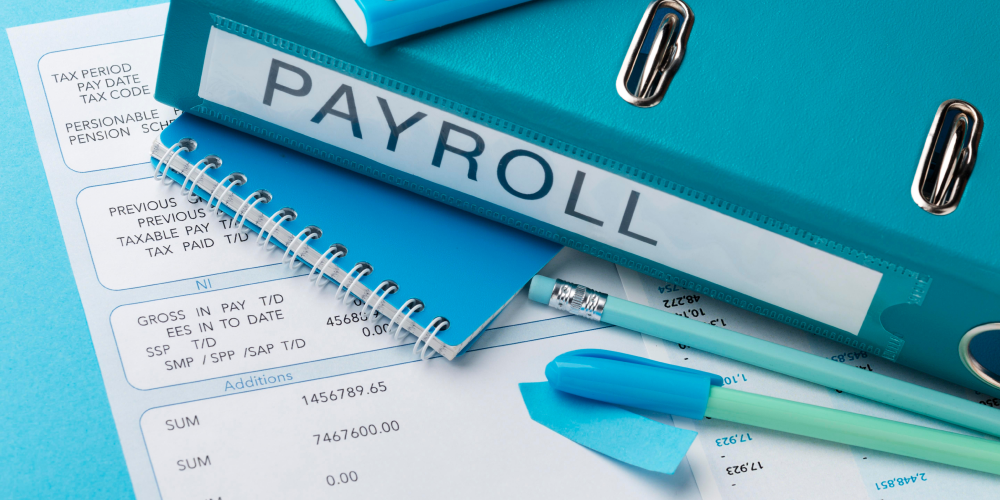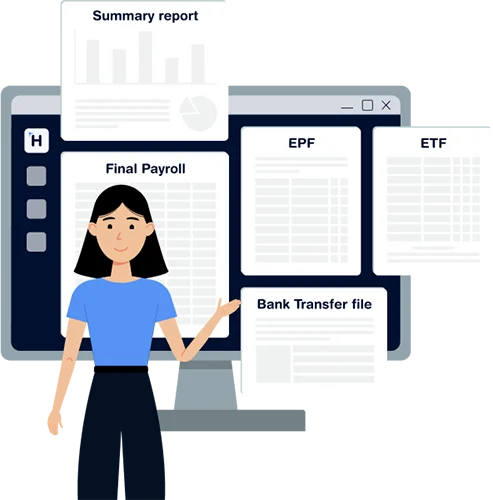Poya Days
You don’t have to be a Buddhist to celebrate Poya day to know that every 28 days happens a full moon night. This means every month there is a Poya day. In rare cases there will be two full moon days in a single month or even a month without a full moon day.
Poya days, however, originate from the Buddhist culture. Buddhists celebrate significant events that happen in the life of Buddha on each Poya day and therefore have special reasons to celebrate and spend these days spiritually. Before colonization, Poya days were observed religiously among the Buddhists and post colonization, Sir Henry Steel Olcott, paved the way for the Poya holidays as we know them today. Other than Sri Lanka, some of the more significant Poya days like Vesak Poya day on which the birth, nirvana and death of Buddha was said to have happened in other Buddhist countries like Cambodia, Nepal, Bhutan etc.
Poya days were first declared as fully remunerated holidays for all employees despite the ethnicity and religion of the citizens of Sri Lanka through the Shop and Office Act as described below.
“Every person employed in or about the business of a shop or office shall be granted a holiday on a Full Moon Poya Day:
Provided, however, that in a case where a Full Moon Poya Day falls on a holiday allowed under section 7 of this Act or on a weekly holiday or on a weekly half holiday, no additional holiday shall be allowed to the employee in lieu of that Full Moon Poya Day.”
[Shop and Office Act, section 7(A)]
The act declares full moon Poya days a holiday for every employee who falls under the Shop and Office Act. However, if the Poya Day falls on a day which is already a weekly holiday, a full day or even half day, no additional holidays will be given in place of that Poya Day.
“Notwithstanding the provisions of section 7A, a person employed in or about the business of a shop or office may be employed on a Full Moon Poya Day for a normal period of employment subject to the condition that he shall be paid not less than one and a half times his normal daily rate of remuneration”
[Shop and Office Act, section 7(B)]
However, if you need your employees to work on a Poya day, you can receive their services for a normal working period. However, you should pay your employee a rate which is one and a half times (1.5 times) more than what you pay for a normal day. For example, if you pay LKR 2,000 per normal working day, he should be compensated LKR 3,000 for the Poya day.
Similar to public holidays, It is a good idea to reflect such special payments separately as a new pay item in your employee’s pay slip. This will avoid any confusion as to whether the employee is fairly compensated for the Poya day worked. In general practice, payroll professionals refer to such payments as Special overtime or even mention which Poya day he was paid for.
In summary, Poya days are integral to Buddhist culture, marking important events in Buddha’s life. They are observed with reverence and spiritual significance in countries like Sri Lanka and across Asia. The recognition of Poya days as fully remunerated holidays for all employees under the Shop and Office act demonstrates a commitment to honoring religious traditions while ensuring fair compensation. Employers must pay employees one and a half times their normal rate if they work on Poya days, commonly referred to as special overtime. Clearly indicating these special payments in employee pay slips promotes transparency and fair treatment. Respect for cultural traditions like Poya days fosters a harmonious and inclusive work environment.



